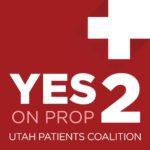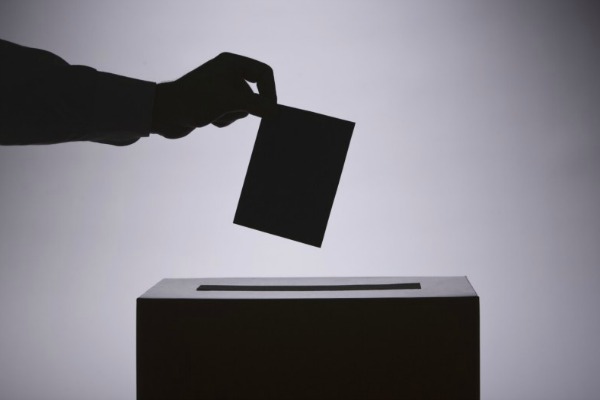In the wake of Election Day, the nation and the state of California are taking a long look at 2018 cannabis ballot measures that were passed. Let’s dig in on where the Golden State and the United States stand on marijuana.
Cannabis Acceptance in America Keeps On Growing
While voters in Michigan (full recreational use passed), Missouri (medicinal), Utah (medicinal again) sent a clear message that more US citizens than ever before are for legalization of cannabis, voters in North Dakota pumped the brakes a little on the canna-party. Still, on the whole, Election Day 2018 marks another step on the long path to legalization. As we touched on when looking at states like Massachusetts and New Jersey last month, never before have so many Americans approved of legalization and that showed in the 2018 elections. Let’s take a quick look at where each newly legalized state stands.
 Michigan: While states such as Illinois and Ohio continue to plug away at medicinal efforts, Michigan is now the Midwest’s leader in adult-recreational use cannabis. Passage of Prop 1 means new business opportunities in Michigan and makes it the largest market in the region. Additionally, Michigan is now the second-largest market in the United States for cannabis.
Michigan: While states such as Illinois and Ohio continue to plug away at medicinal efforts, Michigan is now the Midwest’s leader in adult-recreational use cannabis. Passage of Prop 1 means new business opportunities in Michigan and makes it the largest market in the region. Additionally, Michigan is now the second-largest market in the United States for cannabis.
- Don’t expect cannabis to be commercially available until 2020 or so. As we’ve seen in countless states (California, Colorado, Washington, Massachusetts), on-boarding a legal marketplace from the ground up is a complex and time-consuming labor.
- Consumers still must be 21+ and will be allowed to carry 2.5 ounces on their person. Michiganders will also be allowed to grow up to 12 plants for personal use. Important to note, landlords can prohibit tenants from growing.
- The state’s Department of Licensing and Regulatory affairs has one year to develop a regulatory framework for cannabis retailers, cultivators, etc. Many anticipate that the state’s medical marijuana infrastructure will be a model for recreational.”Our licensing and regulatory infrastructure for medical marijuana can be scaled up to incorporate the oversight of adult-use marijuana,” Shelly Edgerton, director of LARA explained to the Detroit Free Press.
 Missouri: Mizzou has passed a medical bill that is relatively similar to what other states have done regarding medical marijuana bills. There are two worthwhile and distinct features to Amendment 2, though:
Missouri: Mizzou has passed a medical bill that is relatively similar to what other states have done regarding medical marijuana bills. There are two worthwhile and distinct features to Amendment 2, though:
- Missouri’s bill affords medical professionals the right to determine what a qualifying patient is in the eyes of the law. Unlike other states that have seemingly arbitrary standards for determining “qualifying patient,” Missouri’s given this power to medical professionals working directly with patients. A notable and noble change.
- There will be a 4% tax on medical cannabis that will go towards covering the program. Any excess tax revenue will go towards the Missouri Veteran Affairs funding.
 Utah: As anticipated, Utah’s Prop 2 was largely a symbolic vote. State lawmakers in advance of Election Day had been working on a draft of a bill that is similar to Prop 2 (but with fewer retail locations and some other modest changes). The bill will go before a special session vote before the end of the year.
Utah: As anticipated, Utah’s Prop 2 was largely a symbolic vote. State lawmakers in advance of Election Day had been working on a draft of a bill that is similar to Prop 2 (but with fewer retail locations and some other modest changes). The bill will go before a special session vote before the end of the year.
New California Cannabis Measures
California communities saw a large amount of ballot measures on Election Day. Maybe not so surprisingly, a lot of them passed! (USA! USA! USA!) and our friends over at the California Cannabis Industry Association have been keeping track of the results as they rolled in through last night and into the morning. Below, you’ll see their updated table with all results. For more info please head over to their full election coverage.
As it stands, a lot of new communities wanting to get in on cannabis are going to be getting into the cannabis game –and learning all about compliance. Hi! We’re MMLG: “Yours in Compliance.” Areas such as Malibu and El Dorado County approved measures to allow recreational sales and, in the case of El Dorado, to cultivate and sell in unincorporated areas of the county. Meanwhile, Half Moon Bay, Filmore and Bakersfield, et al made it clear that they’re not sold on cannabis in their communities.

